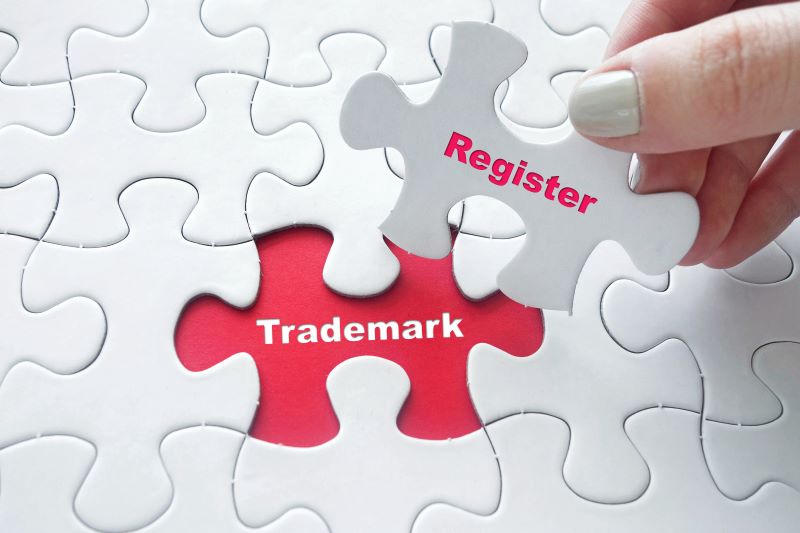Artificial Intelligence (AI) has already begun to revolutionize the legal industry and will continue to do so in the future. One area that AI is expected to have a significant impact on is patent drafting legal services. Patent drafting is a complex and time-consuming process that involves researching prior art, understanding complex technical concepts, and drafting claims that accurately describe the invention while also providing strong protection against potential infringers. AI technologies can assist patent attorneys and agents in this process in several ways.
One of the most significant advantages of using AI in patent drafting is that it can streamline the research process. AI-powered tools can sift through vast databases of prior art and patent filings to identify relevant information quickly. By automating this process, AI can save patent attorneys a significant amount of time and reduce the risk of missing critical information.
Another way AI can improve the patent drafting process is by helping patent attorneys understand complex technical concepts. AI can analyze technical documents and generate summaries that are easy to understand, allowing patent attorneys to draft more accurate and precise patent applications. This can help to reduce the risk of patent applications being rejected or challenged later on.
AI can also assist in drafting patent claims. Claims are the most crucial part of a patent application as they define the scope of the invention and determine the scope of patent protection. AI can analyze prior art and other patent applications to generate novel and inventive patent claims that are more likely to be accepted by patent examiners. This can help to reduce the number of objections that a patent application receives, which can save time and money for both the inventor and the legal representative.
AI can also be used to identify potential infringements of existing patents. By analyzing vast amounts of data, including patent filings, product specifications, and market trends, AI can help to identify potential infringers and assist in developing strategies for enforcement. This can help inventors and companies to protect their intellectual property and reduce the risk of litigation.
However, while AI has many potential benefits for patent drafting legal services, it also poses some challenges. One of the most significant challenges is the need for high-quality data. AI algorithms require vast amounts of data to function correctly, and patent data can be complex and difficult to analyze. There is a risk that AI-powered tools may produce inaccurate results if the data they are analyzing is incomplete or incorrect. To overcome this challenge, it is essential to ensure that the data used to train AI algorithms is of the highest possible quality.
Another challenge is the risk of bias. AI algorithms can be programmed to prioritize certain factors, such as speed or cost-effectiveness, over others, such as accuracy or comprehensiveness. This can lead to biases in the patent drafting process, which can have a significant impact on the outcome of patent applications. To mitigate this risk, it is essential to ensure that AI algorithms are designed to prioritize accuracy and fairness over other factors.
Finally, while AI can automate many of the routine tasks involved in patent drafting, it is unlikely to replace the expertise and judgment of human patent attorneys entirely. However, it is essential for patent attorneys to adapt to the changing legal landscape and develop new skills and expertise that can complement the capabilities of AI.
s and t
In conclusion, AI has the potential to revolutionize the patent drafting legal services industry. By streamlining research, improving understanding of complex technical concepts, assisting in drafting claims, and identifying potential infringements, AI can help inventors and companies to protect their intellectual property more efficiently and effectively. However, to fully realize these benefits, it is essential to ensure that AI algorithms are designed to prioritize accuracy and fairness and that patent attorneys are prepared to adapt to the changing legal landscape.




